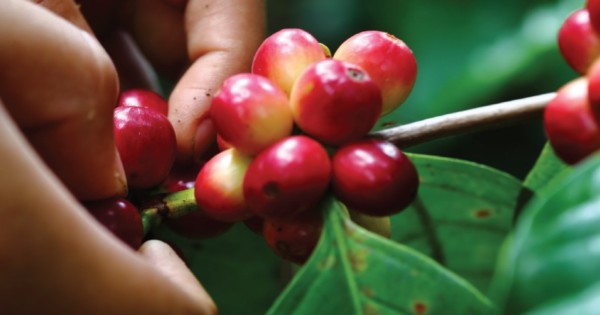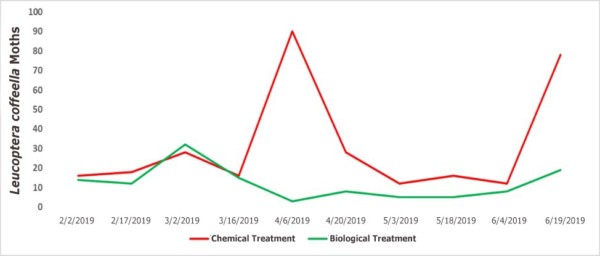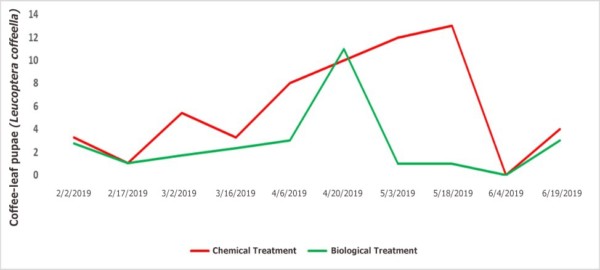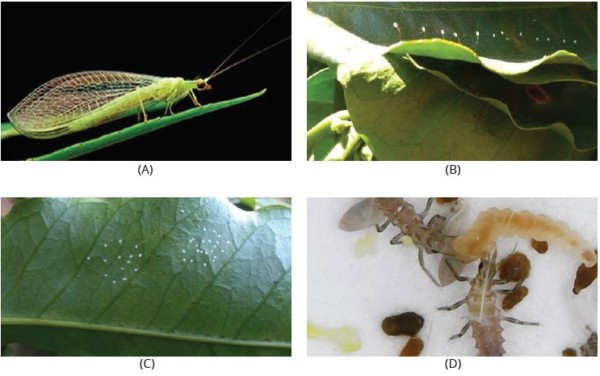
Cecafé, as a legitimate representative of the Brazilian coffee export sector, carries out several thoughtful sustainable actions for coffee growers and other segments, always bearing in mind the national interest. Through its Social Responsibility and Sustainability Programs, Cecafé and its members reaffirm the country’s commitment to spreading the best environmental and social practices in all segments of the production chain.
In addition, in its mission to promote and communicate the image of Brazilian coffee sustainability, the sector is committed to supporting and getting across all actions developed, thereby demonstrating the area’s permanent evolution and the best practices in sustainability in the coffee agribusiness production process.
Investments made in Research, Development & Innovation in the public and private segments—in line with the growing need to develop sustainable solutions with less environmental impact—resulted in benefits to the entire production chain. A successful example is the biological control of diseases and pests that affect crops.
Biological control fights against agricultural pests by using natural enemies, which can include predatory insects, parasitoids and microorganisms (fungi, bacteria and viruses).
In the public segment, as part of the work of more than 20 years of research, scientists discovered the fungus Cladosporium cladosporioides in coffee plantations and are using it in the field as a bioprotective agent to fight other fungi that deteriorate coffee. It can be also used in the industrial production of enzymes, which in turn will be used in different processes to protect coffee quality.
The study has been developed by the Minas Gerais Agricultural Research Company – Epamig, in partnership with the Federal University of Lavras – Ufla, and support of Consórcio Pesquisa Café, coordinated by Embrapa Café, and the Research Support Foundation of the State of Minas Gerais – Fapemig.
Another important study related to the identification and use of different agents for natural borer control is the fungus Beauveria bassiana. The application of this fungus has been tested in the field, with consolidated results that reinforce its feasibility for application in production fields.
Leucoptera coffeella—the coffee-leaf miner—is one of the main coffee pests and is present in all producing regions. Damage to coffee plants occurs as a result of reduced photosynthesis, caused by the development of spots and accentuated by premature leaf fall, reducing production.
For this reason, several on-site initiatives have been carried out, demonstrating promising benefits to Brazilian coffee growers. One of the highlights of applied research is the study entitled “Controlling Leucoptera coffeella (coffee-leaf miner) by Chrysoperla externa in organic coffee culture in the region of Coromandel-MG shows consolidated results”, published by Lorena Marta Sangaleti at the Faculty of Humanities and Social Sciences of the Carmelitana Mário Palmério Foundation– FUCAMP. The study observed important results attained from the work carried out in the field, which showed the efficiency of Chrysoperla externa in the control of the coffee-leaf miner when used as a control method.
The experiment compared two distinct areas of coffee plantations, separated from one another by approximately 8 kilometers—one of organic coffee and the other conventionally grown. Both crops featured Catuaí 62 lineage, planted in 2006.
Figures 1 and 2 show the assessments performed considering the analyzed variables. The first week showed—and thus remained for most of the analyzed period—greater pest pressure in the area with conventional use of insecticides, when compared to the areas with only mass release of Chrysoperla externa.

Figure 1– Comparison of the average number of coffee-leaf miners (Leucoptera coffeella) in an area treated with releases of the Chrysoperla larvae and a conventional grown area treated with chemical insecticide applications.

Figure 2– Comparison of the average number of coffee-leaf pupae (Leucoptera coffeella) in an area treated with releases of the Chrysoperla larvae and a conventional grown area treated with chemical insecticide applications.
As a practical result of countless studies in coffee fields, the Minas Gerais Association of Cotton Producers – AMIPA has been promoting and supporting sustainable agriculture in the Triângulo Mineiro region through the use of biological controls developed by Fábrica de Produtos Biológicos (Biofábrica)—one of its branch units based in Uberlândia.
For coffee, the use of Chrysoperla externa has been tested and improved by AMIPA over the past few years on rural properties, with successful and efficient pest control.

Figure 3– Image of the Chrysoperla externa chrysopid in its adult form (A), the eggs of this biological agent produced by AMIPA (B and C) and the predation of the young form of the chrysopid in the larvae of the coffee-leaf miner (D).
source: Photos provided by AMIPA
As can be seen in Figure 3, image A refers to the adult stage of Chrysoperla externa, a predator of coffee-leaf miners. Images B and C feature the eggs of this chrysopid agent produced by AMIPA and D refers to the predation of the young form of the chrysopid in the coffee-leaf miner larvae. This is a sign of effective colonization and establishment of the predator in coffee growing, which results in new generations in the same production area, amplifying the biological control of this pest.
There are still great opportunities ahead, given the results presented. To continue advancing, it will be essential to expand investments in Research and Development, as well as to strengthen sustainability programs, increasingly spreading good practices to producers of all sizes and making the national chain stronger, thereby continuously increasing our share in the global market.
Cecafé will continue to follow its mission: staying the course towards an increasingly sustainable and socially responsible future.
Marcos Matos – CECAFÉ CEO
Lilian Vendrametto – CECAFÉ Sustainability Manager


Leave A Comment